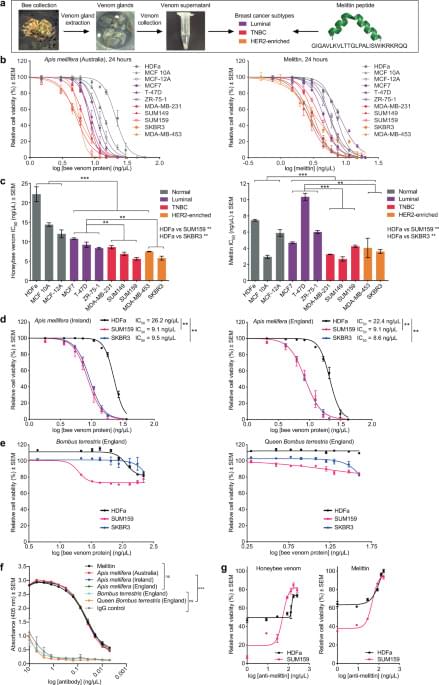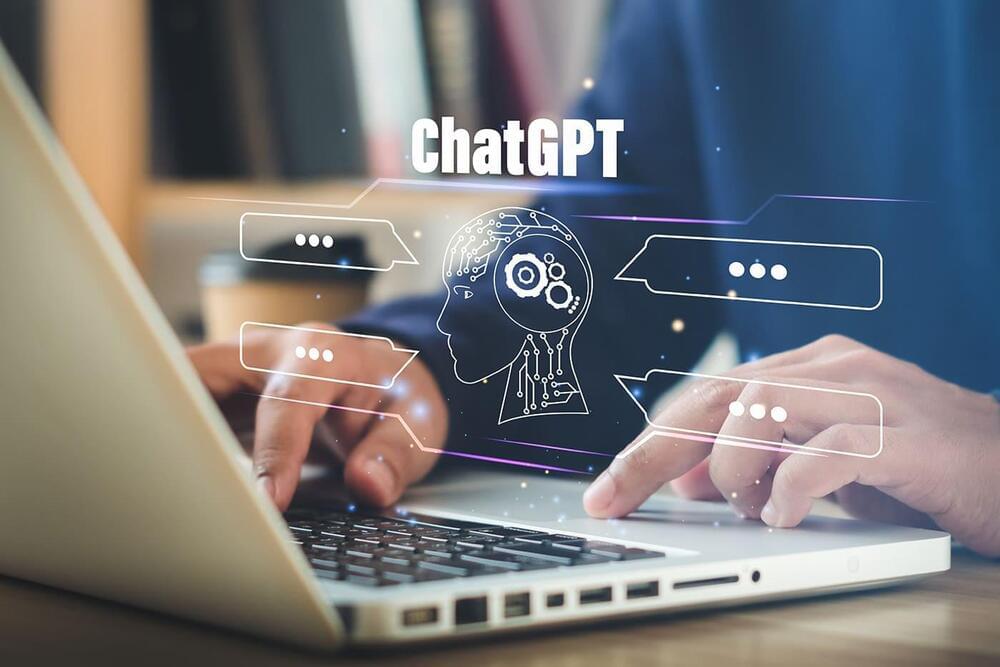Autonomous aircraft have long been thought of as having the most potential, though not in the realm of glitzy people-carrying drones so much as the more sedate world of cargo. It’s here where the economic savings could be most significant. Large, long-range drones built specifically for cargo have the potential to be faster, cheaper and produce fewer CO2 emissions than conventional aircraft, enabling same-day shipping over very long distances. In fact, the “flying delivering van” is considered the holy grail by many cargo operators.
In this space there are a number of companies operating, and these include: ElroyAir (California, raised $56 million), hybrid electric, VTOL, so so therefore short range; Natilus (California, funding undisclosed) uses a blended wing body, and is a large, longer-term project entailing probably quite high costs in certification and production; and Beta (Vermont, $886 million raised), which is an electric VTOL.
Into this space, out of Bulgaria (but HQ’d in London), comes Dronamics. The startup has already attained a license to operate in Europe, and plans to run a “cargo drone airline” using drones built specifically for the purpose. Dronamics claims its flagship “Black Swan” model will be able to carry 350 kg (770 lb) at a distance of up to 2,500 km (1,550 miles) faster, cheaper and with less emissions than currently available options.



